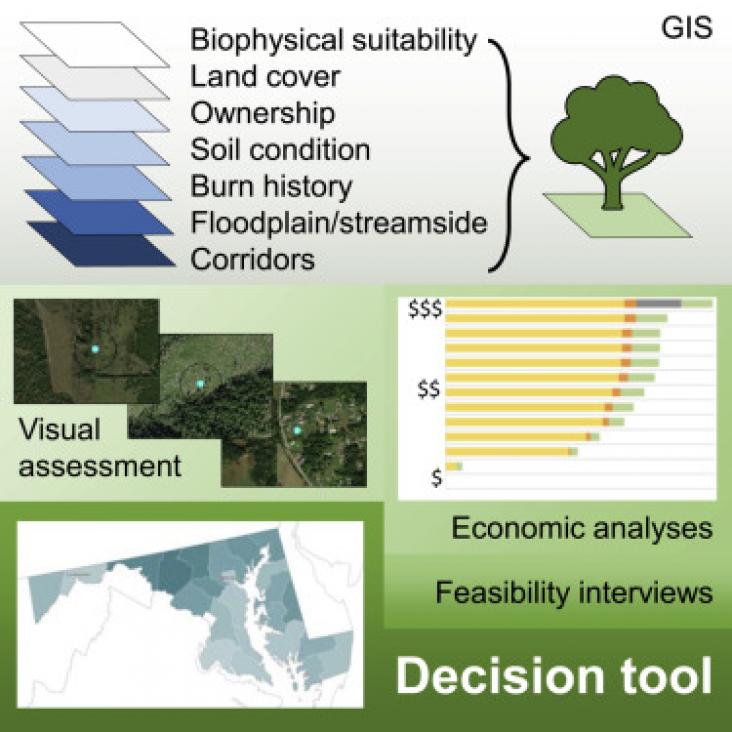Elsevier,
Comparative Biochemistry and Physiology Part - C: Toxicology and Pharmacology, Volume 239, January 2021
Trichlorfon is an organophosphate pesticide used extensively for controlling ectoparasites in aquaculture. Studies have found that trichlorfon caused environmental pollution and severe neurotoxic effects in several freshwater species. Feed additives such as flavonoids may reduce or prevent pesticide-induced toxicity in fish. The aim of the present study was to determine whether acute exposure to trichlorfon impairs behaviour and causes oxidative damage in brains of silver catfish (Rhamdia quelen).
The upcoming Convention on Biological Diversity (CBD) meeting, and adoption of the new Global Biodiversity Framework, represent an opportunity to transform humanity's relationship with nature.
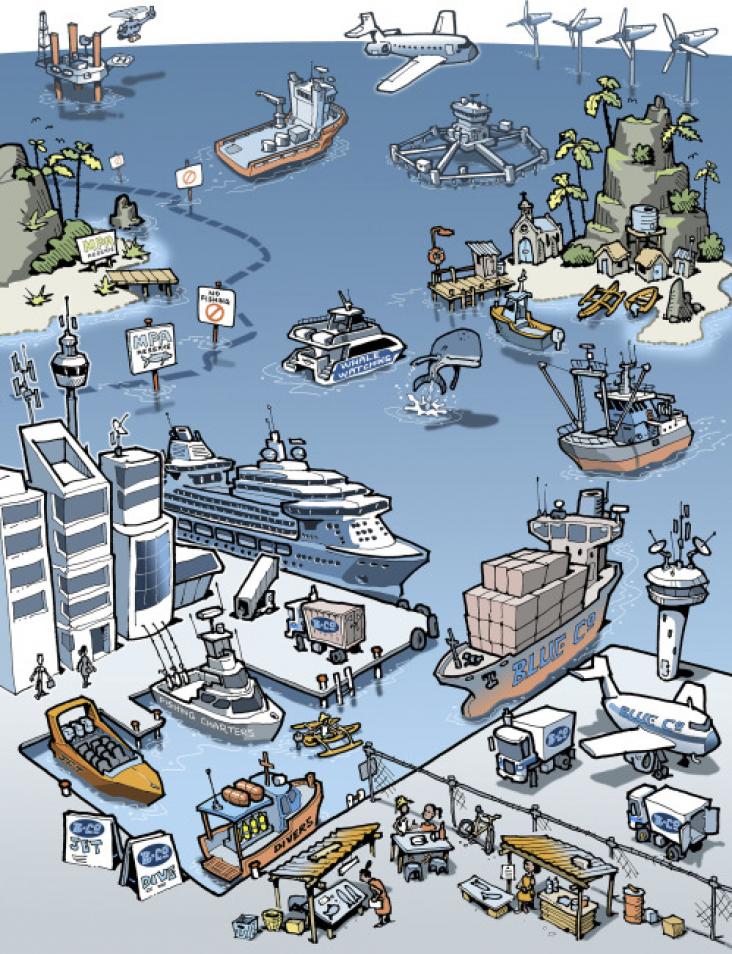
Increasing the production of food from the ocean is seen as a pathway toward more sustainable and healthier human diets.
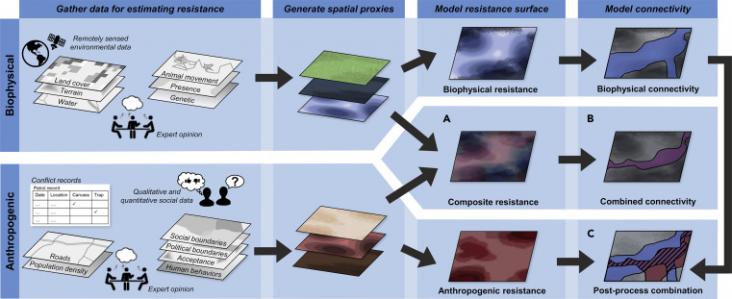
Maintaining or restoring connectivity among wildlife populations is a primary strategy to overcome the negative impacts of habitat fragmentation.
Earth's ecosystems, upon which all life depends, are in a severe state of degradation.
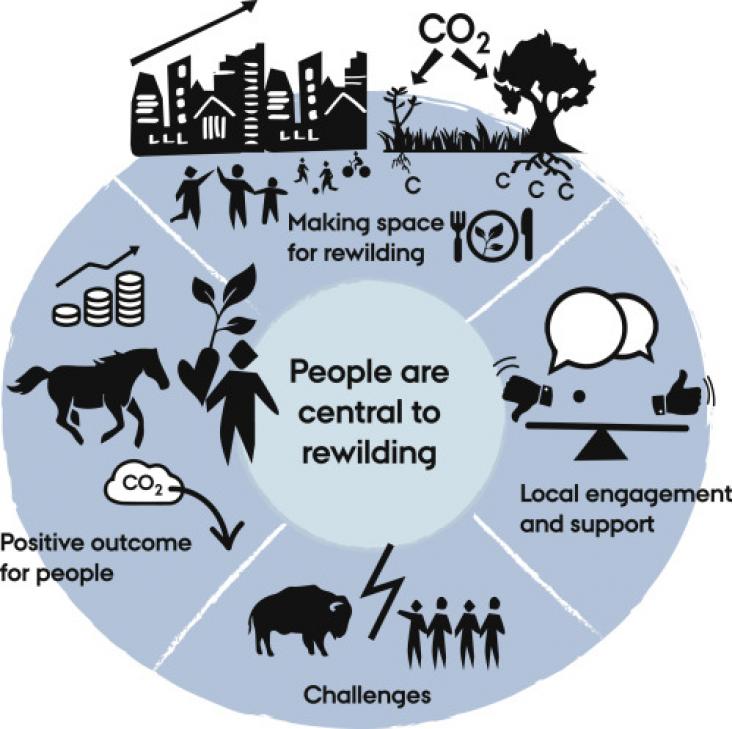
Rewilding should be central to the massive restoration efforts needed to overcome the global biodiversity crisis and enhancing the biosphere's capacity to mitigate climate change.
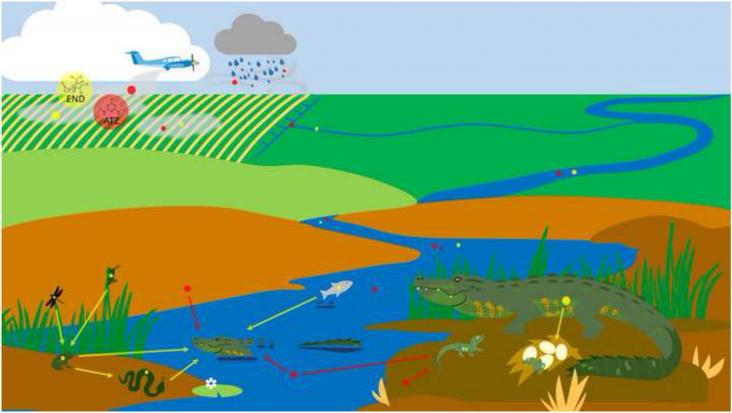
Agricultural pesticides represent a significant class of endocrine-disrupting chemicals (EDCs) to which non-target organisms around the world are constantly exposed.
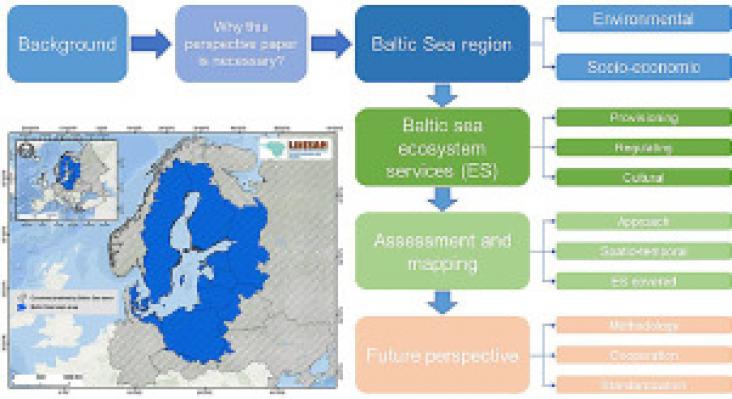
The Baltic Sea is essential for marine ecosystem services (MES) provision and the region's socio-economic dynamics. It is considered one of the busiest and most polluted regional seas in Europe.
Restoration thinking provides a new paradigm for charting a bold future that prevents further loss of biodiversity and habitat destruction, avoids catastrophic climate change, and promotes the well
